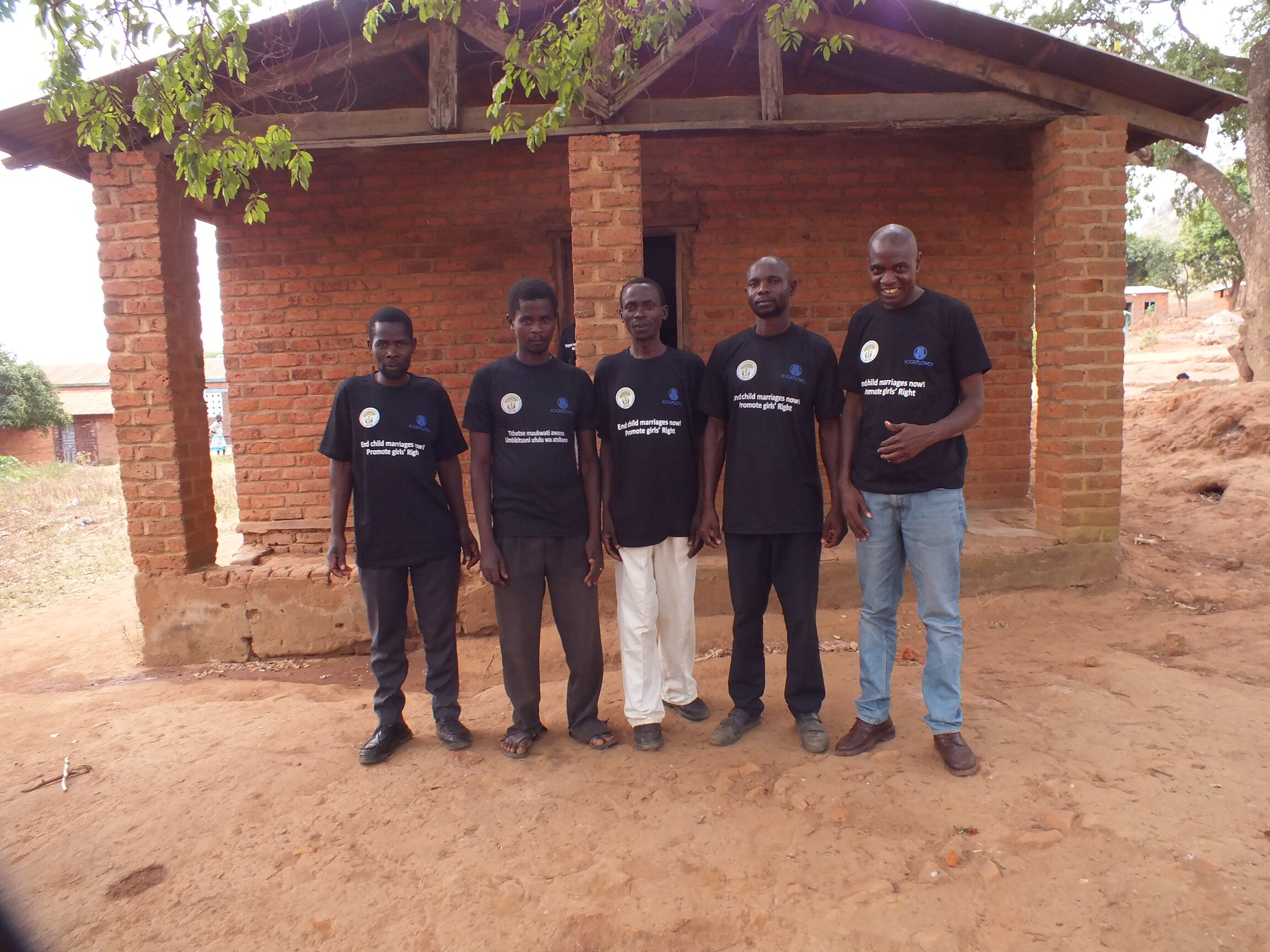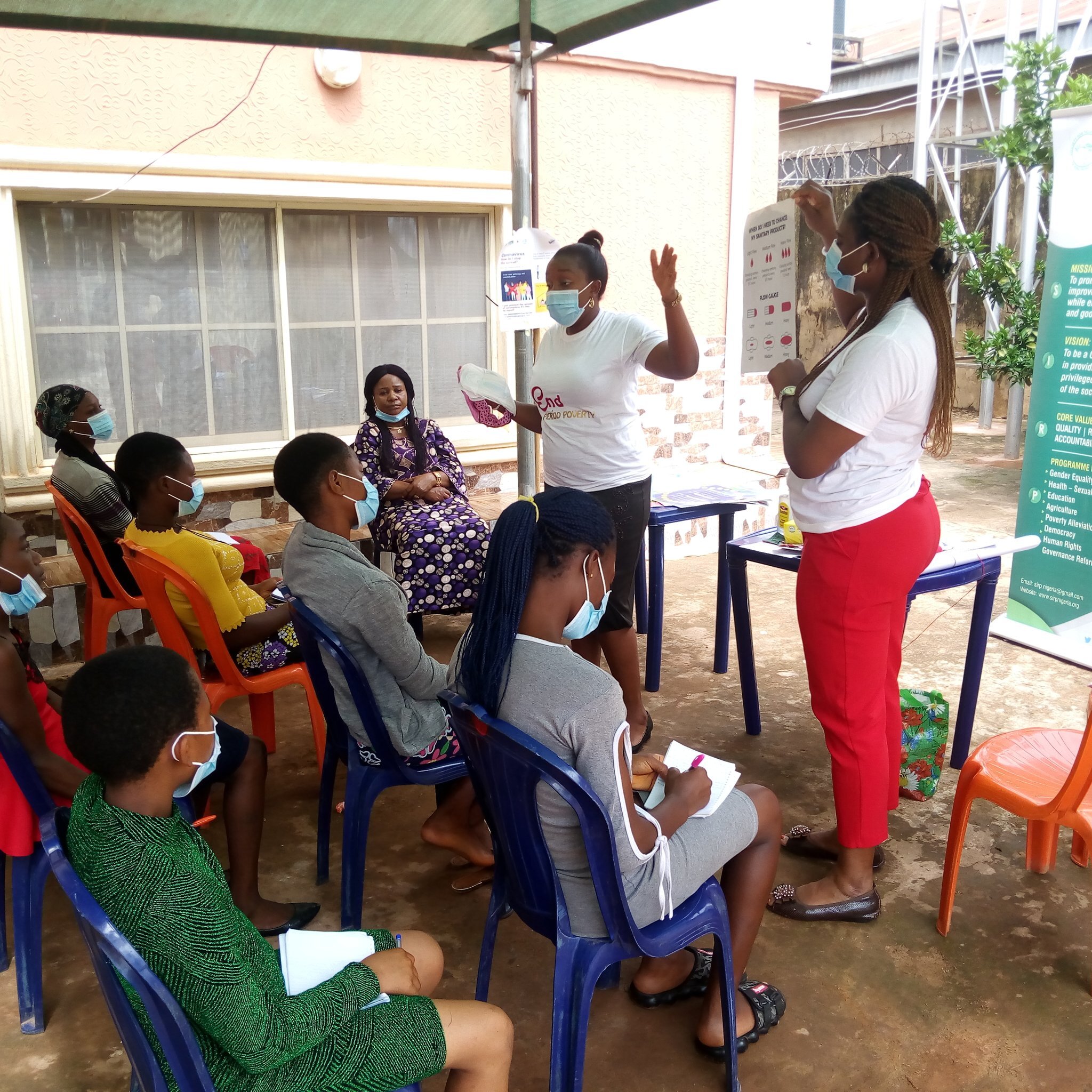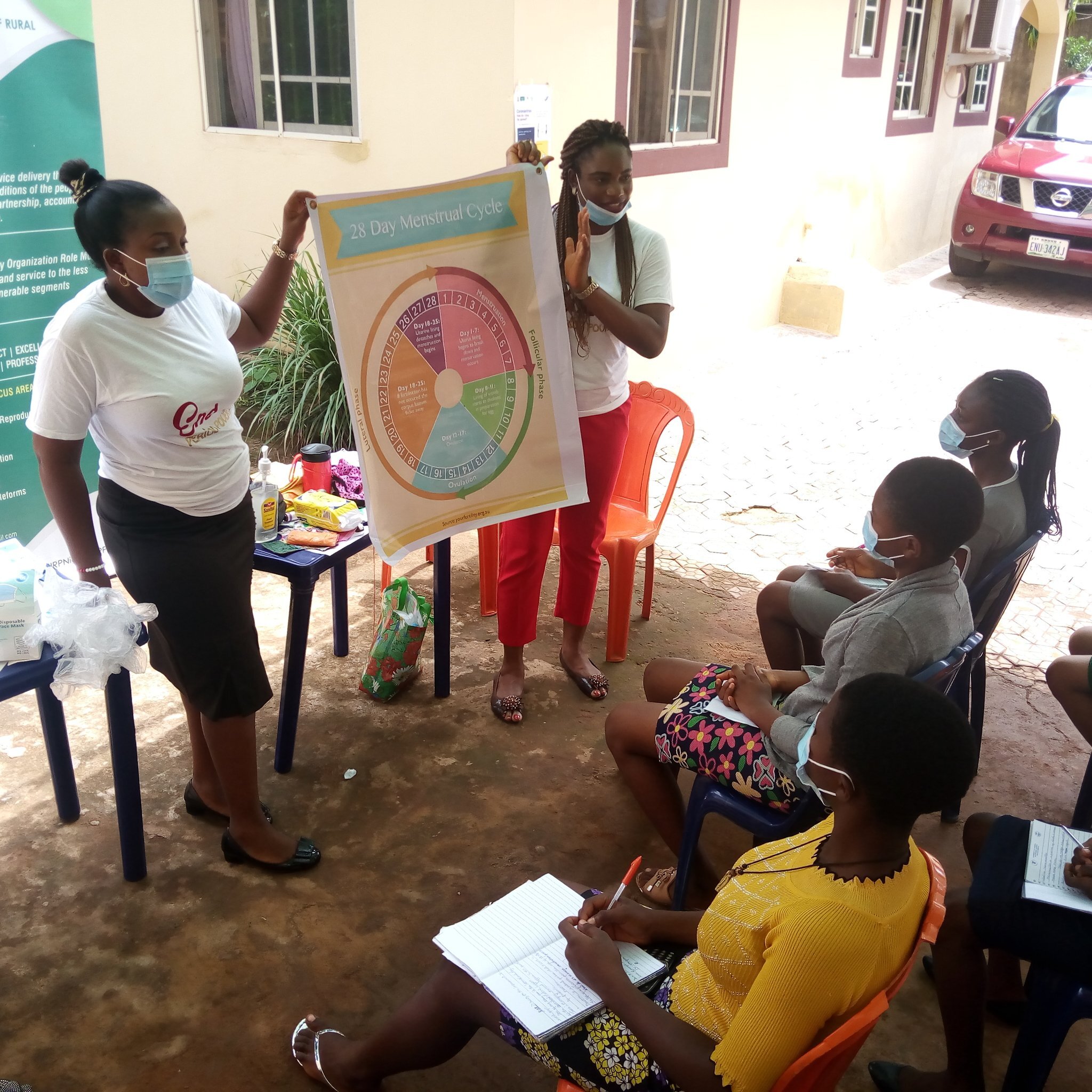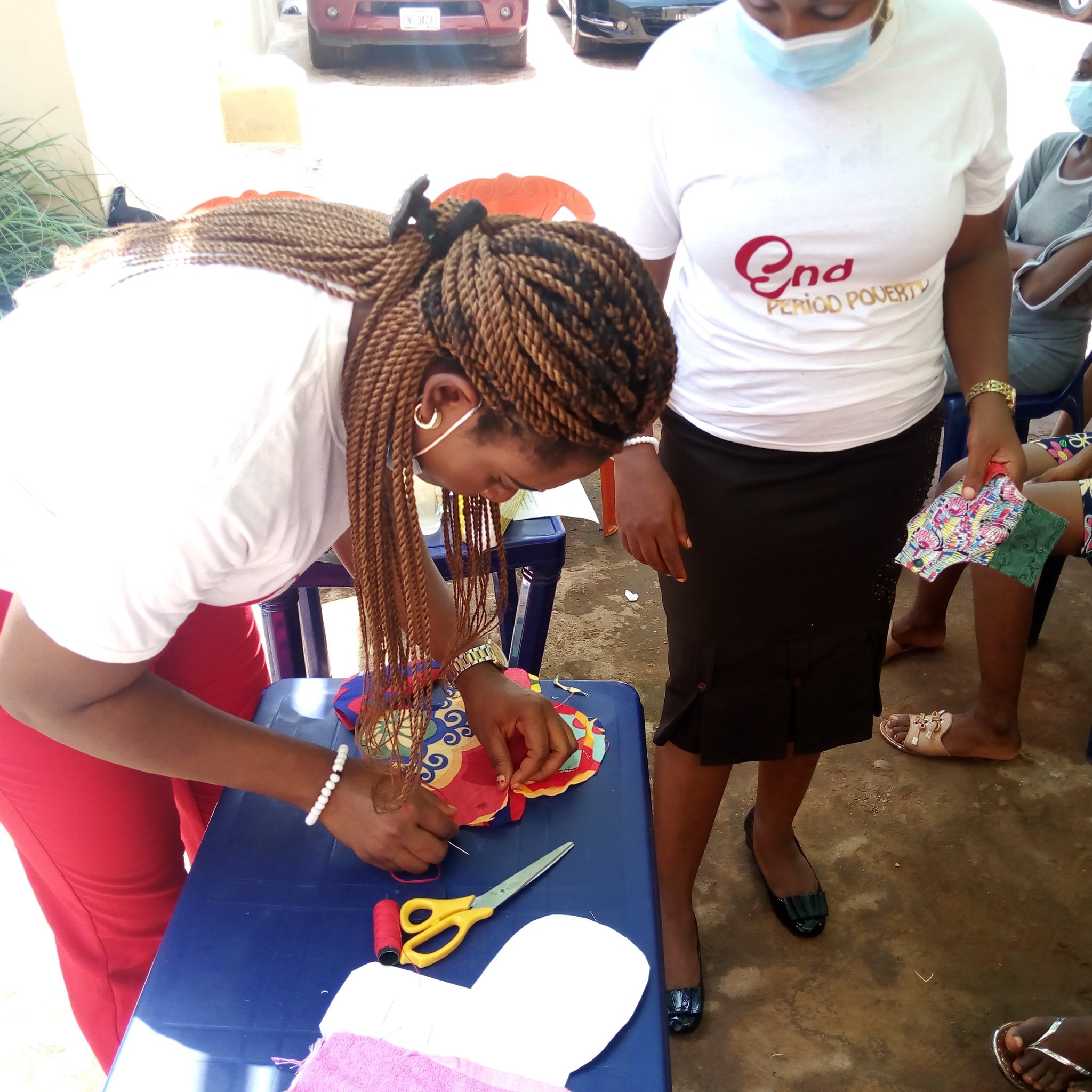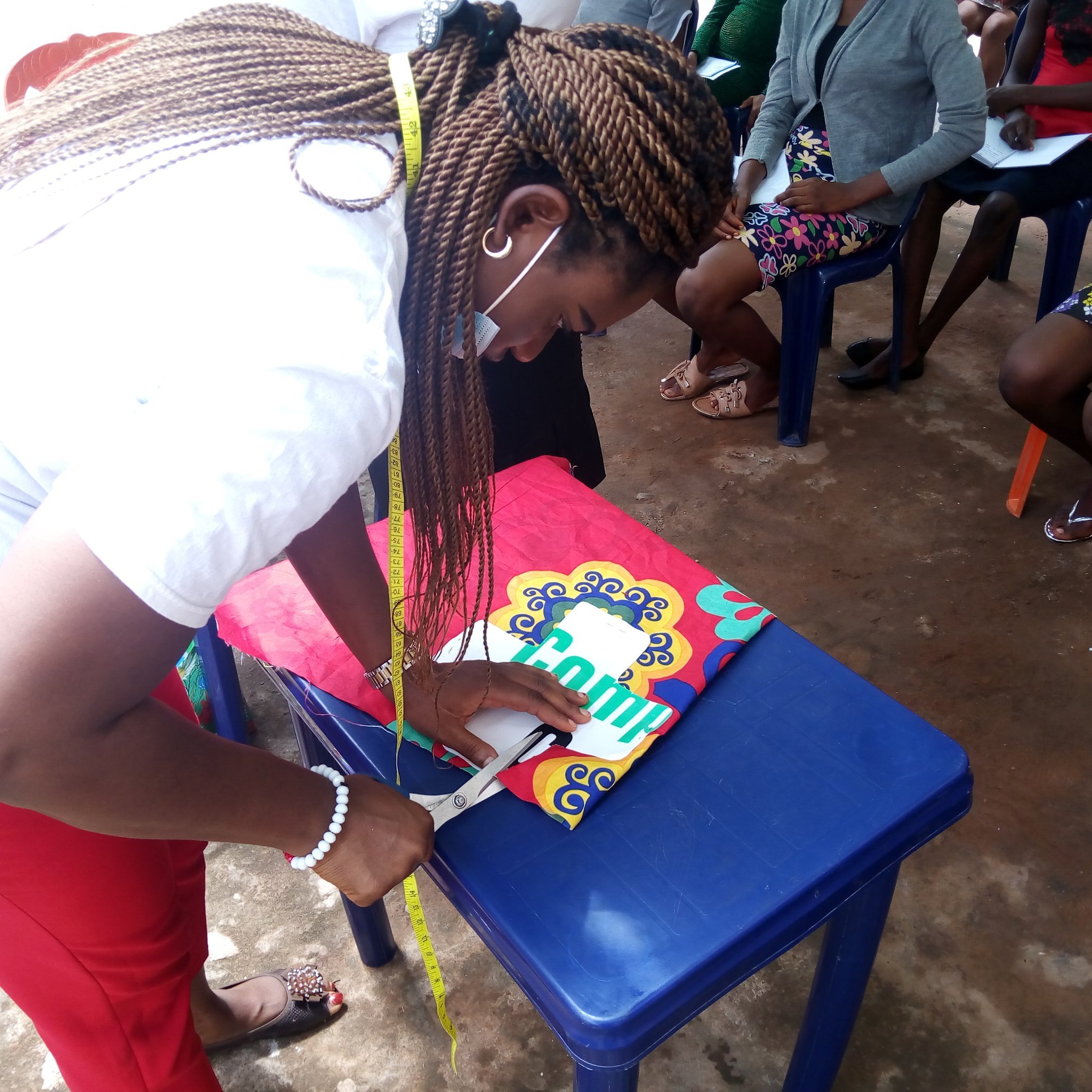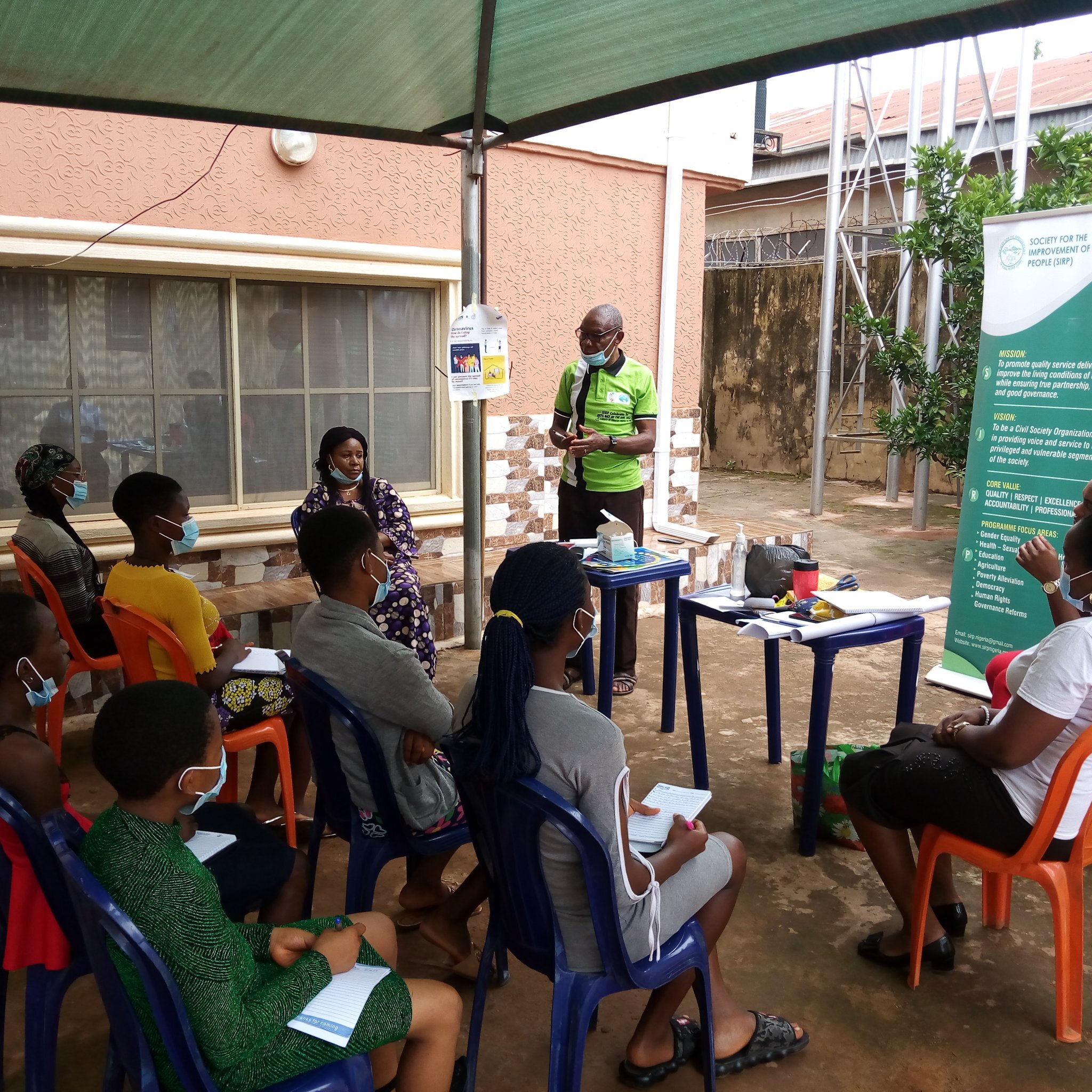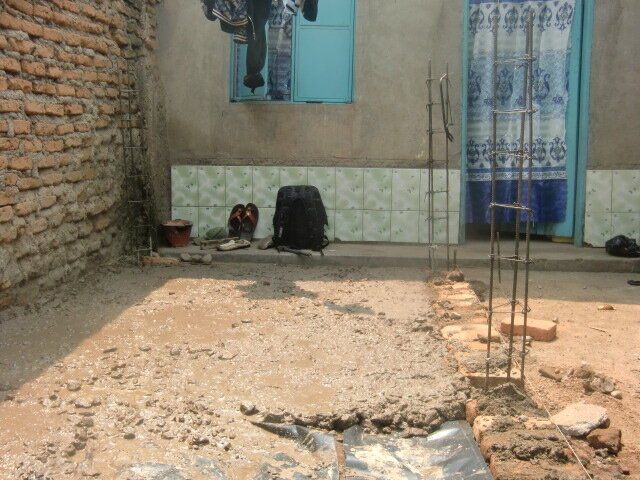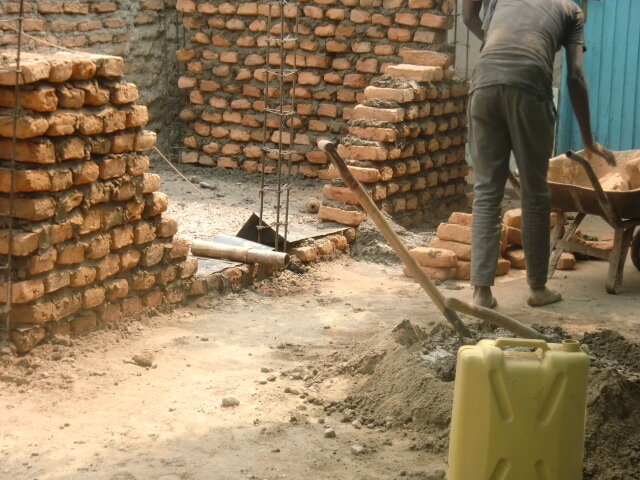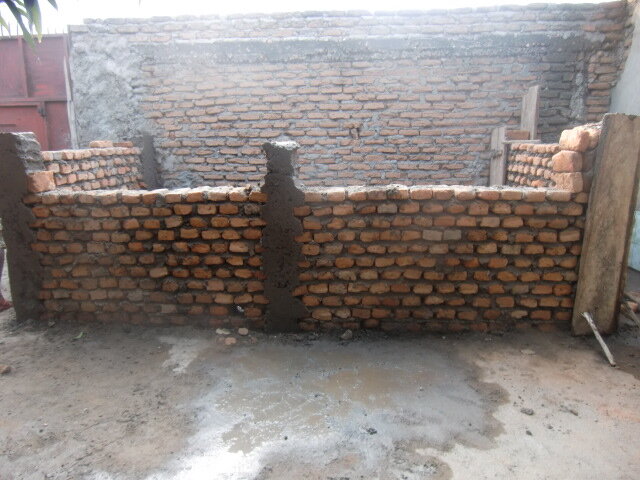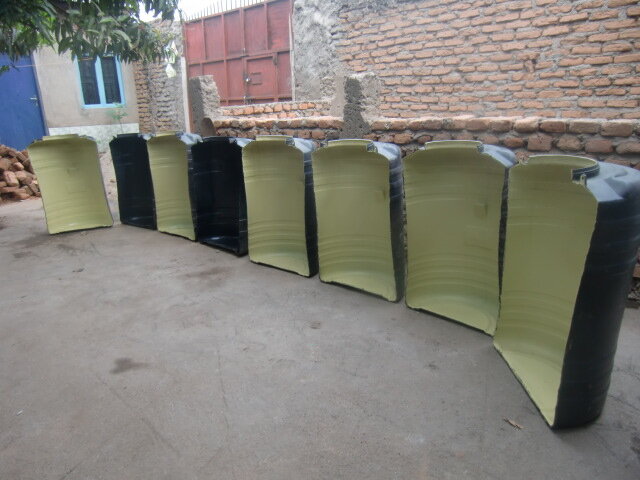Lesley Kapile raising awareness during a speaking event
Chitani Community Sustainable Development Organization (CHICOSUDO), operating out of Malawi, has made great strides in the second half of their campaign End Child Marriage Now!!! Protect Her Rights, which strives to prevent 500 child marriages from happening before March, 2021 by advocating for policies that would prevent such marriages. The goal of this project is not just to prevent these marriages from a legal standpoint, but to change hearts and minds within communities, and to empower young girls, both through the dissemination of education and by enabling them to have the freedom to fully enjoy their childhood.
Since our last update, CHICOSUDO has:
Successfully halted three child marriages
Sent six young girls who were arranged to be married back to school
Involved men in the communities to work as Protectors for these young girls
Convinced traditional community leaders to champion this cause and to advocate for changes to be made in community bylaws.
Men from the community training to serve as Protectors for young girls at risk of entering child marriages.
By focusing not only on legislation, but by turning attention toward community engagement and education, CHICOSUDO has sucessfully influenced grassroots cultural shifts in attitude toward child marriage. CHICOSUDO is able not only to work on intervening in and preventing these marriages, but facilitates the girls themselves in becoming advocates against it within their own communities.
Education has always been a big part of this campaign. Efforts on this front are primarily focused on teaching young women and girls about female sexual and reproductive health and safety, and how to prevent unintentional pregnancy. This is a priority because it helps to fight misinformation, and arms young girls with the knowledge they need to exercise their bodily autonomy, and to be safe. CHICOSUDO was successfully able to reach 155 girls from 18 youth groups and provide access to crucial reproductive educational information. In 2020, however, no public health campaign could be carried out without considerations made for COVID-19, and this one was no exception. In kind, some of CHICOSUDO’s health advocacy expanded to include reliable, consistent, and factual information about how to deter the spread of the COVID-19 virus. These educational efforts, much like the legislative ones, are centered within communities. A door-to-door COVID-19 prevention campaign was carried out and more than 3,500 people were reached with urgently needed information.
Though 2020 is over, CHICOSUDO’s campaign will continue through the first quarter of 2021. We will leave you with a few words from their Board Chairperson, Brenda Nachuma.
“As we are entering 2021, don’t let us [be] alone. We expect more from you so that more lives of women and children may change. Youth and women should gain skills for self-reliance, girls should be free from any form of violence…”


